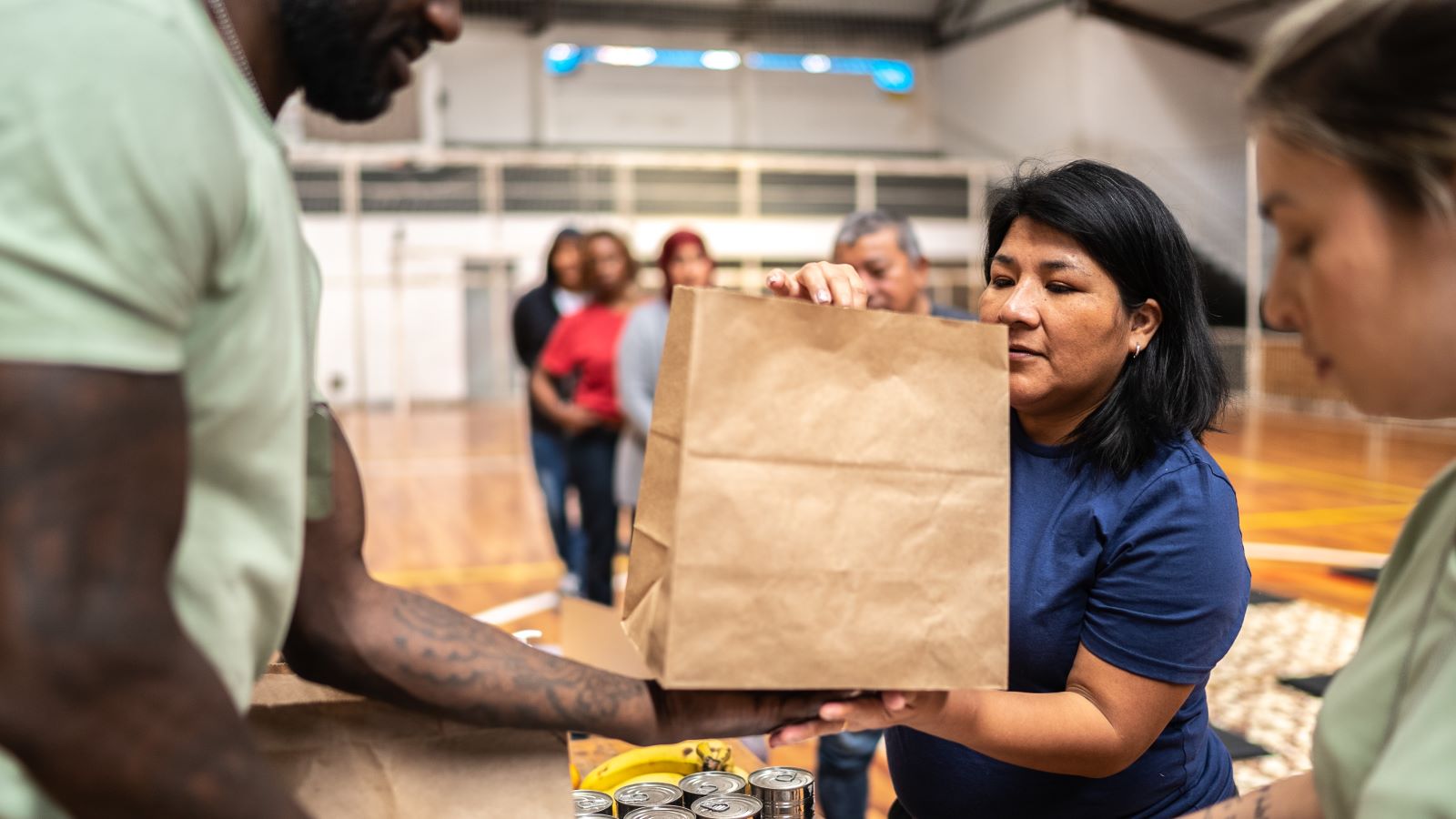Baylor Symposium to Examine Hunger as a Key Driver of Migration
Scholars, practitioners and policymakers will explore ways to strengthen food security, food justice and food systems to address mass movement of refugees and migrants

Getty Images Credit: FG Trade / Collection: E+
Contact: Lori Fogleman, Baylor University Media & Public Relations, 254-709-5959
Follow us on Twitter: @BaylorUMedia
WACO, Texas (April 9, 2024) – A three-day Baylor University symposium will bring together scholars, practitioners, policymakers and students in an exploration of the crucial intersections between food, migration, religion, economic opportunity and human flourishing, including the culinary contributions of migrants to U.S. communities.
“Migration and Food Needs: Latin American and U.S. Perspectives” will be held April 16-18 at the Mark and Paula Hurd Welcome Center and Cashion Academic Center on the Baylor campus.
The symposium seeks to examine hunger as a key driver of migration and explore ways in which food security, food justice and food systems can be strengthened to address the large-scale movement of refugees and migrants from a Latin American perspective.
Migration, all around the world, is one of the key human dynamics of the 21st century, redefining identities, community relationships and governmental policies, said Carlos F. Cardoza-Orlandi, Ph.D., The Frederick E. Roach Chair in World Christianity in the Department of Religion at Baylor. In fact, the Americas, he said, have a unique migrating corridor running across nations and regions, which serves as a laboratory for migration studies.
“Baylor, as a Christian R1 institution, and particularly for this symposium, seeks to contribute the best interdisciplinary knowledge and perspectives to study and address migration in the Americas,” Cardoza-Orlandi said. “Keynote speakers and workshop leaders – all experts in their fields – will guide the participants to see and understand the crisis, reflect and imagine constructive policies and strategies for our communities, and discover hope in the continuous and significant cultural, economic and religious contributions of migrants in the making of the USA in the 21st century. This symposium seeks to help our Baylor communities – as well as our partners in Central Texas and beyond – discover, affirm and put into practice a ‘long-standing good way’ of engaging with our migrant communities.”
The symposium will feature keynote speakers, workshops, a screening of the documentary “Missing in Brooks County” and a concluding jazz quintet concert in Roxy Grove Hall. The event enhances Baylor’s Baylor in Latin America initiative through topics that:
- Explore the relationship between migration and food needs from a Latin American perspective;
- Critically assess and constructively recommend public policies for governmental, nongovernmental, faith-based organizations, and churches related to migration and food needs;
- Analyze and propose a Christian biblical and theological perspective to the challenges and promises of migration and food practices;
- Provide research perspectives and information to the study of migration and food needs and distribution; and
- Discover and celebrate the contributions of migrants in transforming the culinary cultures of the United States.
Keynote speakers are Álvaro Botero Navarro, Professor, American University, Washington College of Law; Víctor Hinojosa, Ph.D., Honors College, Baylor University; Dylan Corbett, Executive Director Hope Border Institute; Ericka Shawndricka Dunbar, Ph.D., Department of Religion, Baylor University; Rudy P. Guevarra Jr., Ph.D., Arizona State University; Chef Adán Medrano, author of Truly Texas Mexican: A Native Culinary Heritage in Recipes; and Felipe Hinojosa, Ph.D., Jackson Chair in Latin American Studies, History Department, Baylor University.
The Migration and Food Needs symposium is presented by the Office of the Provost, Department of Religion, Baylor Collaborative on Hunger and Poverty, College of Arts & Sciences and the Baylor School of Music.
Register online and view the symposium schedule here.
ABOUT BAYLOR UNIVERSITY
Baylor University is a private Christian University and a nationally ranked Research 1 institution. The University provides a vibrant campus community for more than 20,000 students by blending interdisciplinary research with an international reputation for educational excellence and a faculty commitment to teaching and scholarship. Chartered in 1845 by the Republic of Texas through the efforts of Baptist pioneers, Baylor is the oldest continually operating University in Texas. Located in Waco, Baylor welcomes students from all 50 states and more than 90 countries to study a broad range of degrees among its 12 nationally recognized academic divisions.